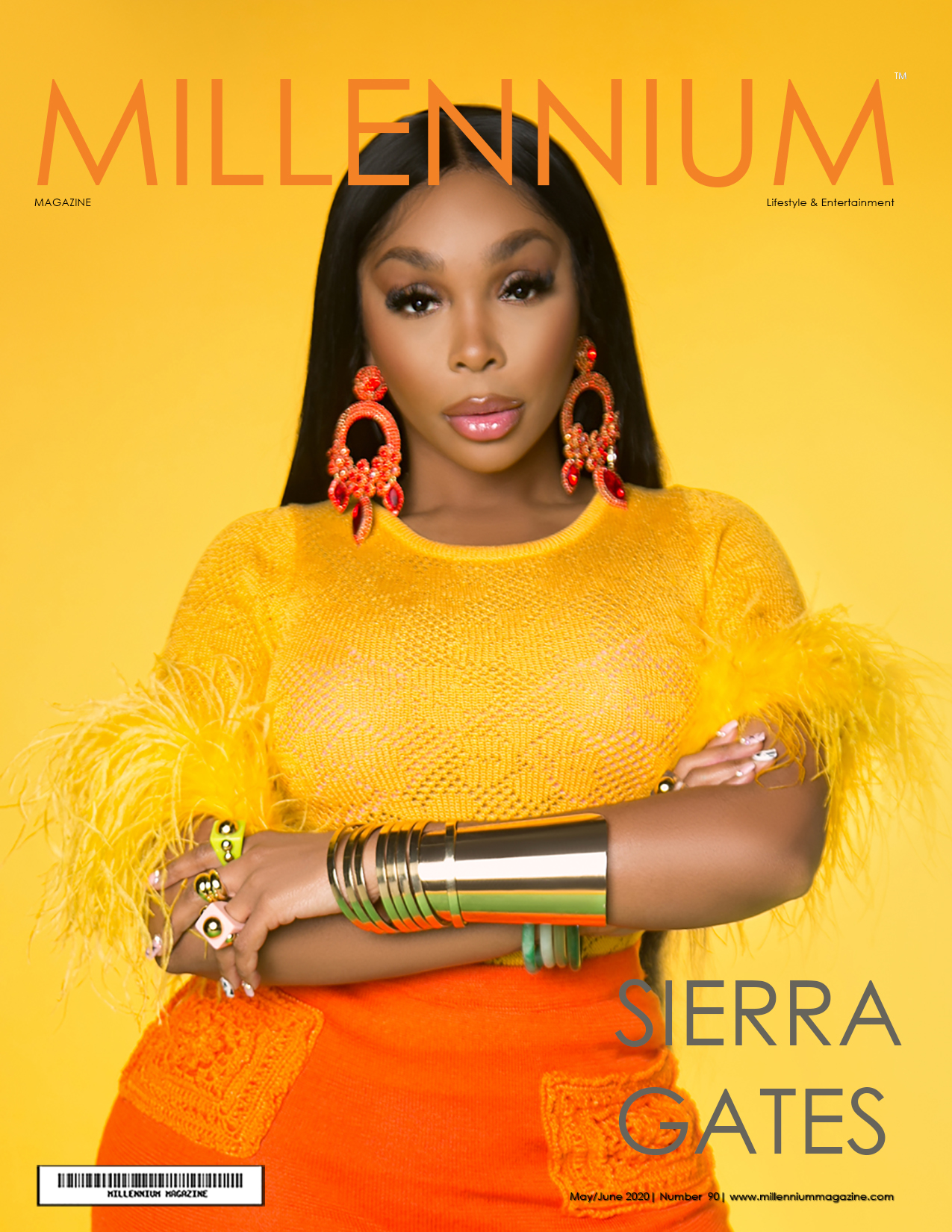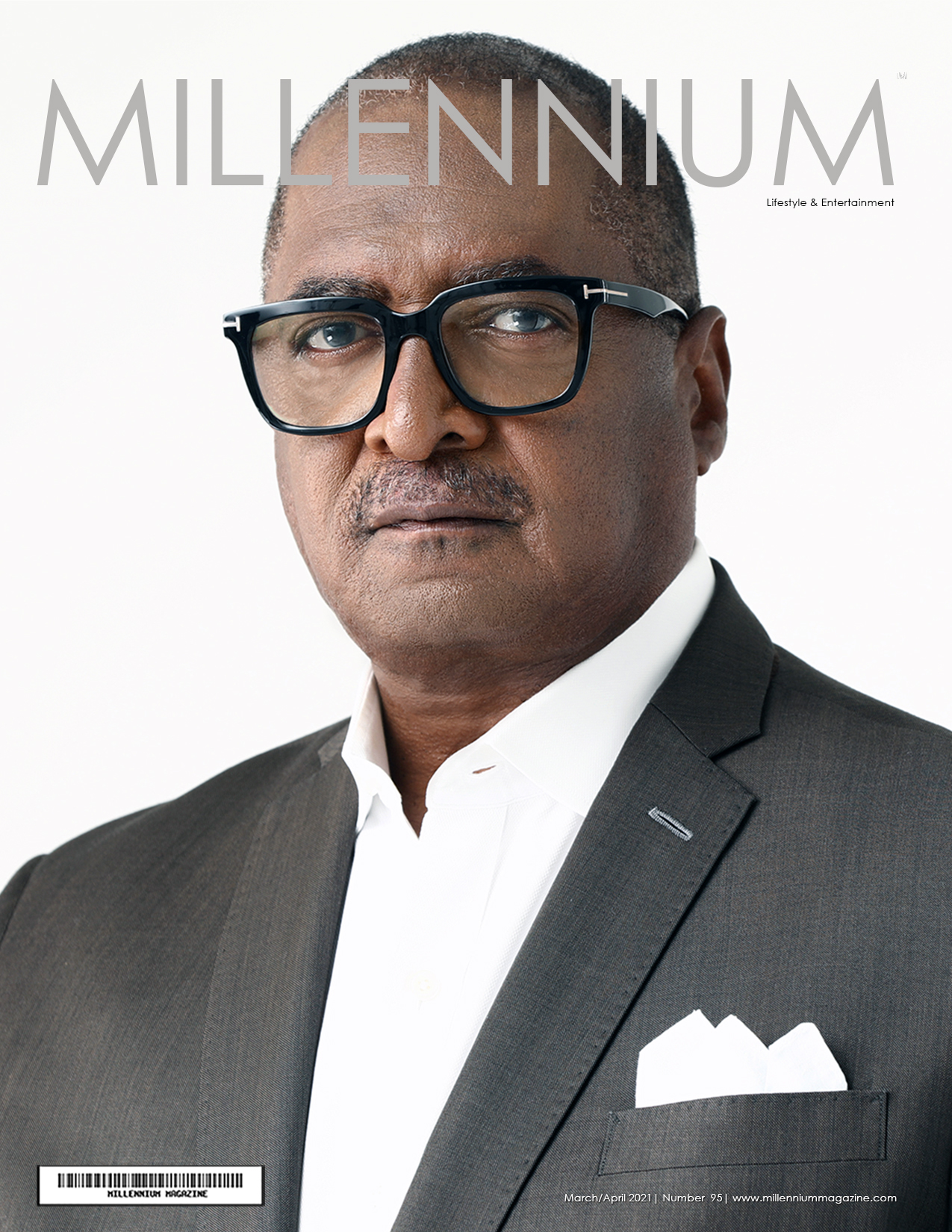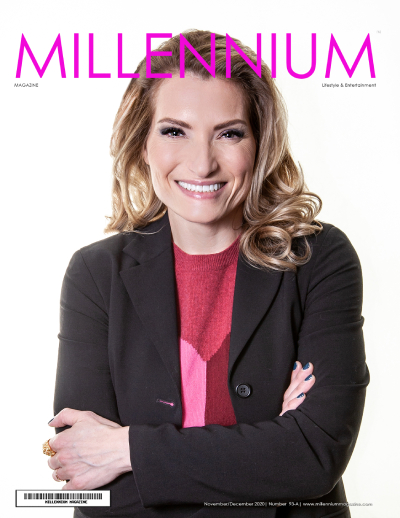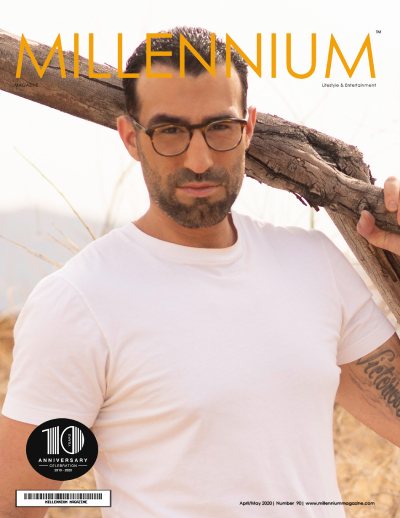
Questions about maturity in dating often circle around gender differences. Some suggest that women exhibit higher levels of maturity in relationships compared to men. This notion might stem from social observations or personal anecdotes. However, examining the underpinnings of such a claim requires a look at psychological studies, societal norms, and individual experiences.
Exploring Age and Maturity in Relationships
Observations over time might lead one to consider the maturity level of men and women within the context of dating. Various factors play into how individuals approach relationships, with age and life experiences often at the forefront. While it’s speculated that women develop emotional maturity earlier than men, the truth unfolds in the complexity of individual journeys rather than a one-size-fits-all narrative. One must examine personal development, societal expectations, and the role these factors play in shaping one’s approach to dating.
The Influence of Societal Expectations
Societies around the globe have long harbored distinct expectations for men and women, subtly dictating behaviors deemed appropriate in the realm of dating and beyond. For women, the emphasis often rests on nurturing roles, potentially fostering a mindset geared towards emotional intelligence from a young age. Conversely, men might experience encouragement to prioritize independence and strength, potentially delaying emotional introspection. This disparity does not serve as an absolute measure of maturity but presents an angle from which to understand differing behaviors in dating scenarios.
Emotional Intelligence and Communication Skills
In relationships, the ability to communicate effectively stands as a cornerstone of healthy interaction. Studies suggest a tendency for women to express themselves and their needs with clarity, perhaps due to a greater encouragement towards emotional expression from childhood. Conversely, men might face challenges in this arena, not for lack of capability but due to less emphasis on emotional vulnerability throughout their upbringing. This dynamic can contribute to the perception of maturity differences in dating, highlighting the importance of fostering emotional intelligence across all genders.
The Role of Life Experiences
Life experiences offer lessons that profoundly shape one’s maturity, especially in the context of relationships. Through diverse encounters, individuals gather insights into understanding and empathy, crucial components of mature dating practices. It’s essential to acknowledge that these experiences do not distribute themselves according to age or gender, making maturity a highly personal attribute rather than a gendered characteristic.
Age Gap Romances
In discussing the maturity of men and women in dating, the topic of age gap romances emerges as an area where perceptions of maturity are often at play. These relationships can offer a unique perspective on maturity, challenging preconceived notions about what it means to be mature in a relationship. Individuals might seek partners of different ages for various reasons, including emotional alignment, life goals, or simply personal preference, indicating maturity’s complex nature and its detachment from chronological age alone.
The Impact of Gender Stereotypes
Gender stereotypes, long perpetuated across cultures, can significantly influence perceptions of maturity in dating. These stereotypes might lead to unfair expectations, where men are unfairly deemed less mature or women are expected to embody emotional wisdom without fault. Recognizing and challenging these stereotypes is vital in fostering a more inclusive understanding of maturity, one that honors individual differences and celebrates growth irrespective of gender.
The Role of Emotional Baggage
Emotional baggage from past relationships can significantly impact an individual’s maturity level in future dating scenarios. Women and men alike can carry this baggage, which can manifest in various forms, such as trust issues, fear of commitment, or emotional unavailability. The ability to process and overcome emotional baggage is crucial in cultivating emotional maturity and healthy relationships. It’s essential to acknowledge that this process is highly personal and can take time, highlighting the importance of patience and empathy in dating.
The Importance of Self-Awareness
Self-awareness plays a vital role in an individual’s maturity level in dating. Those who possess self-awareness are more likely to approach relationships with emotional intelligence, empathy, and a willingness to communicate effectively. This attribute helps individuals identify and work on their emotional triggers, biases, and limitations, leading to more meaningful and fulfilling connections. Self-awareness requires introspection, honesty, and vulnerability, making it a challenging yet rewarding attribute to cultivate.
Conclusion
The question of whether women are more mature than men when it comes to dating cannot be answered simply. Maturity is woven from individual experiences, societal influences, and personal growth. In relationships, understanding and empathy emerge as important to transcending beyond age and gender stereotypes, guiding towards meaningful connections built on mutual respect and understanding.
























